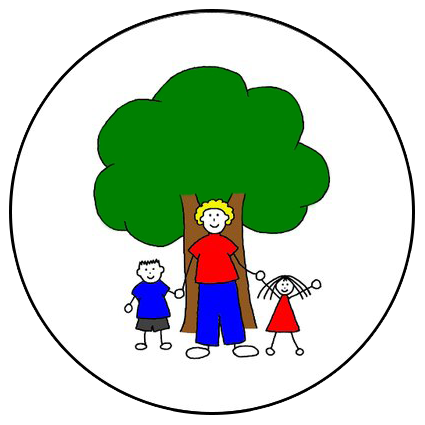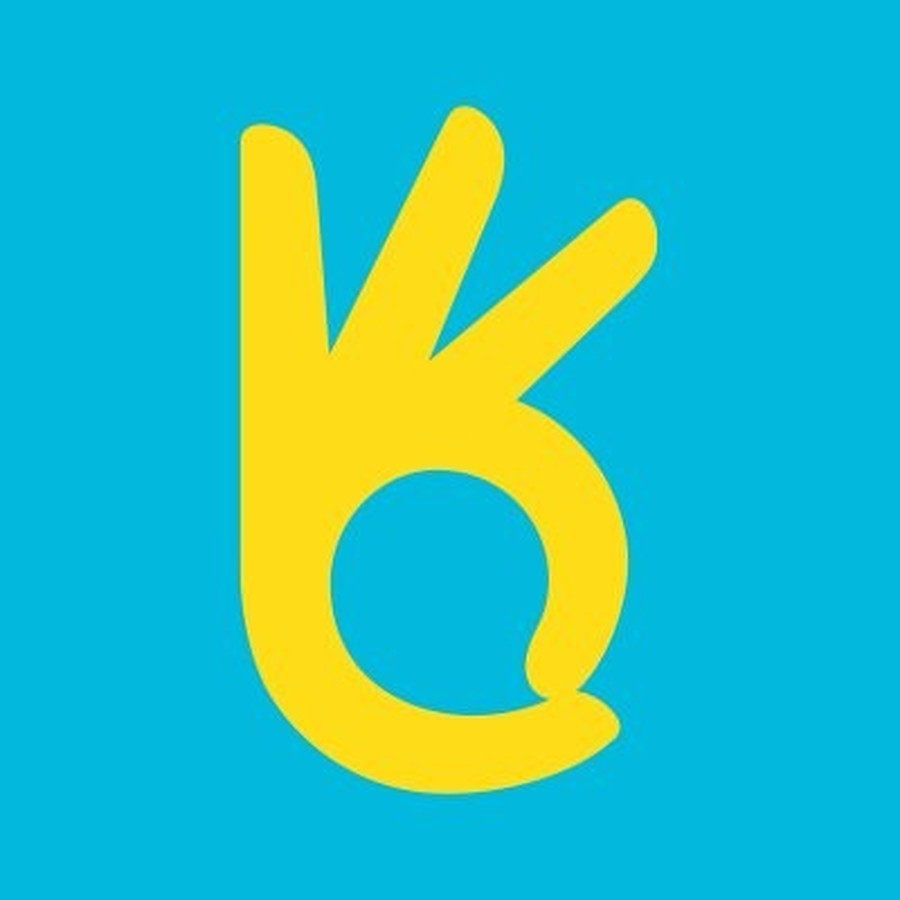Key Stage 1
learning, caring, preparing
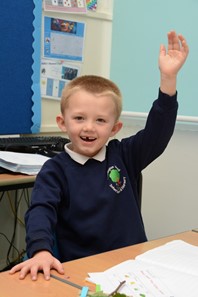
Learning in Key Stage 1 (Year 1 & Year 2) builds on the strong foundations laid in EYFS. In order to meet the specific needs and challenges of our school community and the requirements of the National Curriculum our curriculum ensures that -
- Learning is enhanced by a visit or visitor every half term
- Skills, knowledge and understanding build over time through a sequence of units in each curriculum area
- Units of learning build through small steps to achieve age related outcomes or beyond
- Learning builds over time with every unit and lesson making reference to, and building on, prior learning
- Vocabulary is identified and taught in every unit and lesson
- Connections are made between different areas of the curriculum eg historical knowledge is used in a subsequent writing unit
- Assessment forms an integral part of every unit (cold piece at the start, formative assessment during and hot piece at the end)
More information about the research behind our curriculum can be found on the 'Our Curriculum' page.
All units of learning follow a pattern to ensure learning is sequential –
|
|
e.g. Writing |
e.g. Art |
|
Cold task (initial assessment) |
Write set of instructions for a familiar task (unaided) |
Paint self-portrait |
|
Immerse & analyse |
Follow sets of instructions, give instructions orally, sequence instructions, identify key features of instructions |
Examine examples of portraits, use of colour etc |
|
Learn & apply |
Learn grammar, punctuation and vocabulary needed for instruction writing, apply in mini-tasks |
Learn colour mixing, proportion, observational skills, apply new skills in mini-tasks |
|
Hot task / final outcome |
Unaided write of instructions for a familiar task |
Paint self-portrait |
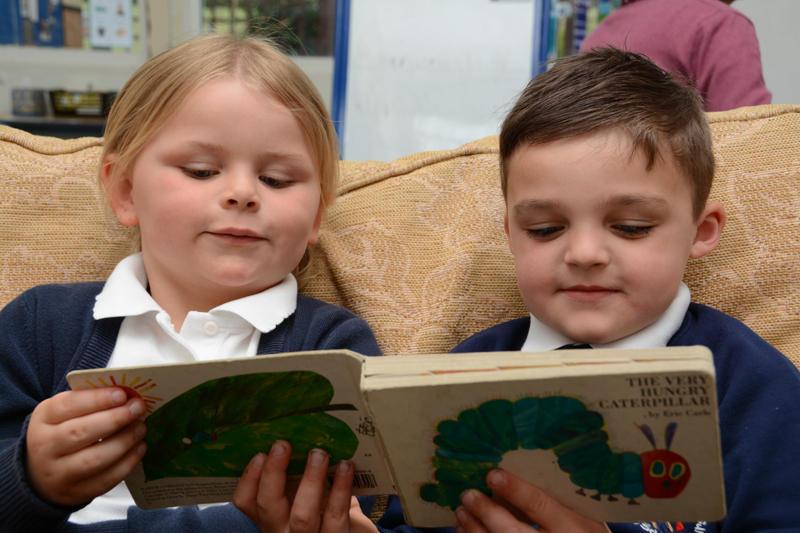
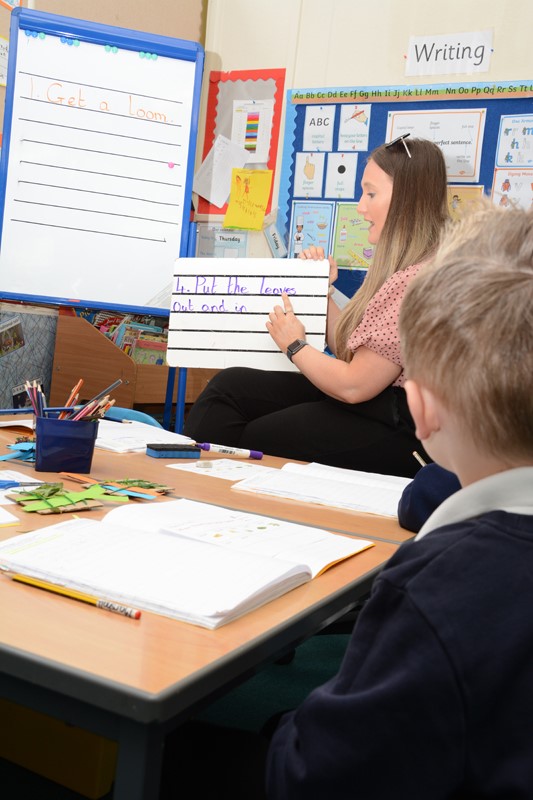
Phonics and Reading
Click here for more information about how we teach phonics and reading.
Subject Leader : Mrs Hannington
Writing
Every child has a daily Literacy lesson in addition to daily phonics and guided reading. 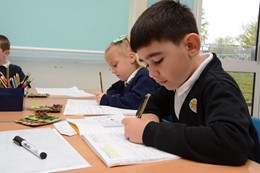
Children learn and develop the skills needed to become fluent readers, writers and communicators. All writing is rooted in first hand experiences, specific skills are taught and links are regularly made to learning in other areas of the curriculum.
Each writing unit follows a series of specific steps to develop knowledge and skills needed for a specific genre of writing. In addition to the knowledge and skills set out in the National Curriculum, each writing genre has a clear progression of knowledge and skills so that these build sequentially.
Subject Leader: Mrs Hannington
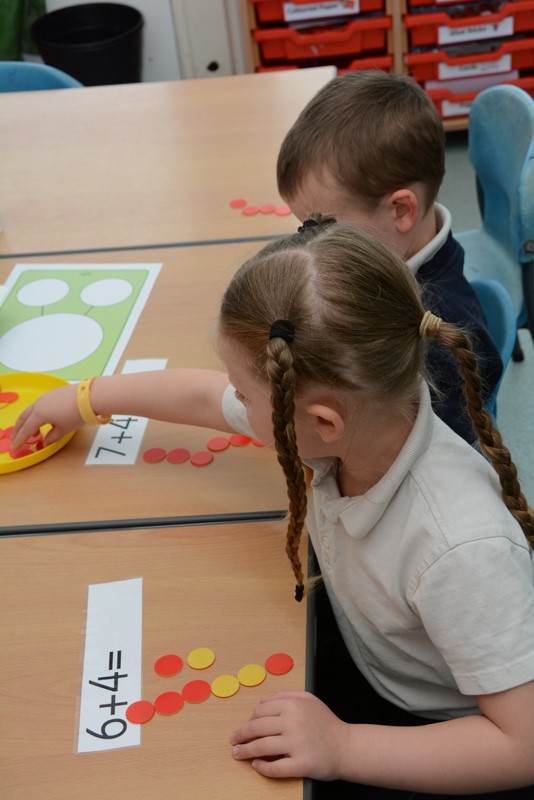
Maths
We believe that the teaching of mathematics should equip children with the strategies, knowledge and mathematical language to help them to understand and make sense of the world around them.
Mathematics is integral in everyday life and with this in mind we endeavour to ensure that our children develop a healthy and enthusiastic attitude towards mathematics that will stay with them and make them confident lifelong learners.
Mathematics is a whole network of concepts and relationships, which children learn 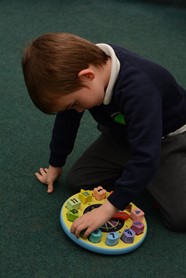 to use to and communicate to tackle a range of practical tasks and real life problems. Our aim is that all of our children become independent learners, who can apply logical reasoning, problem solving skills and the ability to think in abstract ways. Mathematics teaching and learning at Donnington Wood Infant & Nursery School, is not confined to 'Maths lessons', where appropriate links are established across a range of subject areas to support the understanding that Maths is real!
to use to and communicate to tackle a range of practical tasks and real life problems. Our aim is that all of our children become independent learners, who can apply logical reasoning, problem solving skills and the ability to think in abstract ways. Mathematics teaching and learning at Donnington Wood Infant & Nursery School, is not confined to 'Maths lessons', where appropriate links are established across a range of subject areas to support the understanding that Maths is real!
Subject Leader : Mrs V Jones
Wider Curriculum
Each year group follows a plan for the year which ensures coverage of the National Curriculum, PSHE, RSE 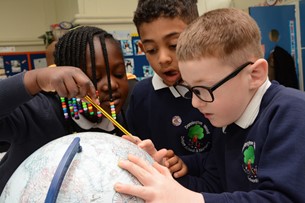 and RE statutory requirements. Specific knowledge and skills are taught in the context of a unit so that learning has a purpose. Each unit has a specific curriculum focus and connections are made between units to enable children to embed knowledge and skills over time.
and RE statutory requirements. Specific knowledge and skills are taught in the context of a unit so that learning has a purpose. Each unit has a specific curriculum focus and connections are made between units to enable children to embed knowledge and skills over time.
Learning is enhanced by a visit or visitor every half term linked to at least one aspect of the wider curriculum. As far as possible, learning is rooted in first-hand experiences.
More detail about specific learning each term can be found on class pages on the website.
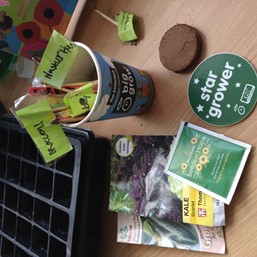 Science
Science
At Donnington Wood Infant School, we teach both scientific knowledge and skills through a sequence of small steps designed to give children a strong foundation for understanding the world around them. We believe that scientific learning should be taught through enquiry and that children should be given opportunities to apply, revisit and secure this learning in range of cross curricular contexts. Our carefully designed curriculum has been structured to immerse children in real, ‘hands on’ experiences to bring the national curriculum to life.
We believe that teaching and learning in science is effective when:
- Children are fully engaged in their learning through meaningful activities.
- Lessons have a clear skill and/or knowledge focus.
- Assessment for learning used to inform next steps.
- Key vocabulary is identified and explicitly taught.
- Strong cross curricular links – Science is everywhere!
- Activities present an appropriate level of challenge.
- Children are proud to share their achievements.
Science overview & progression document
Sample Science Unit - Y1 Materials
Subject Leader : Mrs Flint
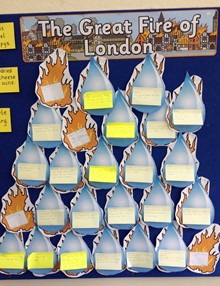

History & Geography
These two curriculum areas are covered through termly units. Knowledge and skills are taught through a sequence of small steps. In Geography in Year 1 children develop their knowledge of the local area and then move on to learn more about the United Kingdom and a contrasting location in the UK. In Year 2 children look beyond the UK at the wider world, learning about continents, regions of the world and a contrasting location outside of the UK.
Subject Leader : Mrs Jenkins
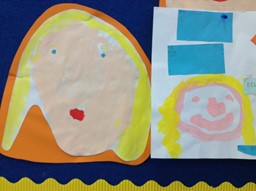 Art & Design and Technology
Art & Design and Technology
Termly units allow children the opportunity to explore and build specific knowledge and skills. Links are made to other aspects of the curriculum to give purpose and meaning to learning.
Subject Leader : Mrs France
Computing
Computing is taught through 6 units each year with a particular focus each half term. Pupils will be taught:
- Understand what algorithms are; how they are implemented as programs on digital devices; and that programs execute by following precise and unambiguous instructions
- Create and debug simple programs
- Use logical reasoning to predict the behaviour of simple programs
- Use technology purposefully to create, organise, store, manipulate and retrieve digital content
- Recognise common uses of information technology beyond school
- Use technology safely and respectfully, keeping personal information private; identify where to go for help and support when they have concerns about content or contact on the internet or other online technologies.
These skills are then applied when children are using computing in other areas of the curriculum.
Subject Leader : Mrs Flint
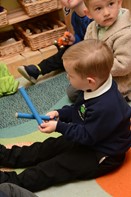 Music
Music
Music is taught as a weekly lesson. Staff use Music Express to support teaching and learning. Children also participate in regular opportunities to perform musically to each other and the wider community.
Subject Leader : Mrs Boddy
RE
Religious Education is provided in accordance with the Education Act of 1988 and is taught following the Telford and Wrekin Agreed Syllabus. Children cover 6 units during each year.
Parents have the right to withdraw their children from Religious Education and the daily act of Collective Worship and should inform the school of their intention to do so. At present all children attend assemblies. Children cover 4 units during each year in KS1.
Subject Leaders : Mrs Marshall
PE
We believe that children should be encouraged to follow a healthy, active lifestyle and we value physical education and active learning.

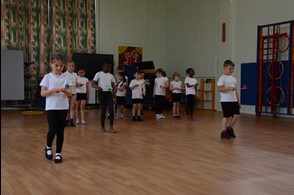 PE is taught twice a week and is planned to cover the requirements of the National Curriculum. We aim to develop the fundamental movement skills of agility, balance and coordination through access to activities which apply them to a range of sports, gymnastics and dance. Crossbar Coaches work with staff
PE is taught twice a week and is planned to cover the requirements of the National Curriculum. We aim to develop the fundamental movement skills of agility, balance and coordination through access to activities which apply them to a range of sports, gymnastics and dance. Crossbar Coaches work with staff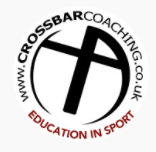 and children every week to provide further opportunities to develop physical activity, knowledge and skills.
and children every week to provide further opportunities to develop physical activity, knowledge and skills.
Our hall is equipped with apparatus for gymnastics and games. Outside we have a large grassed area and tarmacked playground and a wide range of small equipment to allow them to try many different sports such as tennis, football, rugby, cricket, hockey, and athletics. Physical activity is encouraged whenever possible, we use Calm Brain and other programmes to give children short, active brain breaks throughout the day and children are encouraged to be active at play time and lunch times.
Each summer children take part in a Fun Sports Day in the school grounds where children take part in competitive races.
Using Sports Funding we are also able to offer opportunities for children to work with professional coaches and take part in sporting events with children from other schools.
Subject Leader : Mrs Marshall
PSHE / RSE
PSHE (Personal, Social & Health Education) is a planned programme of learning through which children and young people acquire the knowledge, understanding and skills they need to manage their lives – now and in the future. As part of a whole-school approach, PSHE Education develops the qualities and attributes pupils need to thrive as individuals, family members and members of society. In school we use 'Jigsaw' to cover all these areas.
The policy for PSHE (including Relationships & Sex Education) is currently in the consultation phase with parents.
Subject Leader : Mrs C Boddy
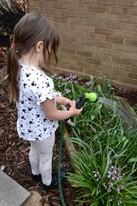 Outdoor Learning
Outdoor Learning
Children have regular opportunities to use our school grounds including our woodland area, 'Willow School', to enhance and support their learning. Staff plan specific activities to provide first hand experiences and meet national curriculum requirements.
